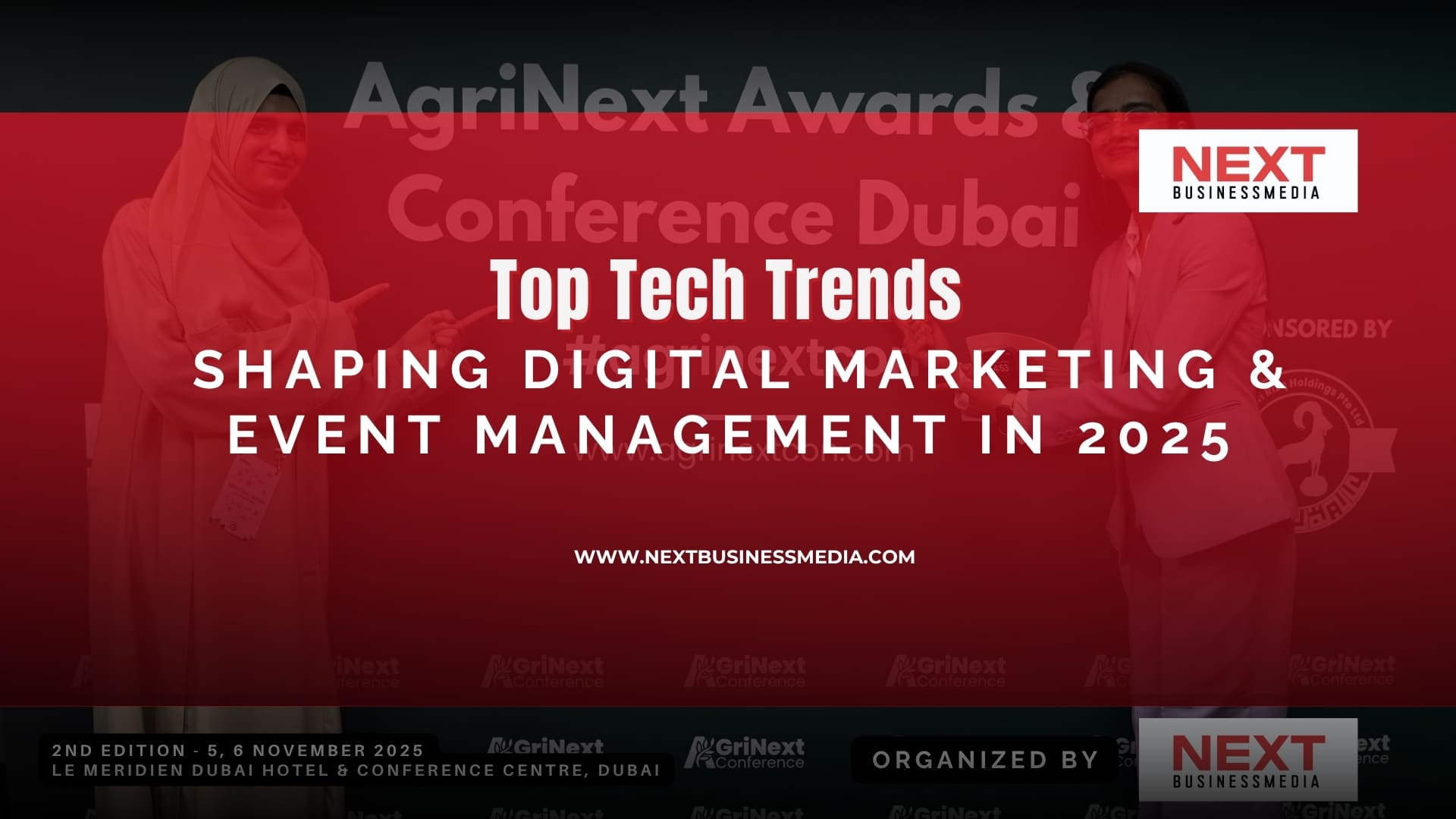As we move deeper into 2025, digital marketing and event management are being reshaped by cutting-edge technologies that amplify engagement, personalization, and operational efficiencies. The rapid adoption of AI, immersive technologies, and data-driven methods are paving new paths for marketers and event professionals alike.
Digital Marketing Trends
Hyper-Personalization Powered by AI
One of the most impactful trends in digital marketing is hyper-personalization enabled by AI and real-time analytics. Brands now leverage AI to craft highly tailored messages for individual consumers, improving relevance and conversion rates. For instance, 75% of companies have integrated generative AI in their marketing strategies to automate content creation and deliver personalized customer journeys. This goes beyond basic segmentation, tapping into behavioral data to send the right message at the right moment.
Omnichannel Experiences and Data Privacy
Another dominant trend is omnichannel marketing, which ensures seamless user experiences across online, mobile, social, and offline touchpoints. Companies like Nike have exemplified this by blending their e-commerce, social media, and physical retail experiences to create consistent, engaging customer journeys. Complementing this is heightened adherence to privacy compliance such as GDPR, which builds consumer trust by transparently managing data.
Rise of Short-Form Content and Social Commerce
Social media continues its reign with a focus on short-form video content and social commerce, where users shop directly within social platforms. TikTok and Instagram Reels dominate the attention economy, driving both brand awareness and sales conversions.
Event Management Trends
AI-Driven Event Planning and Engagement
Event technology is also evolving rapidly, with AI-powered event management solutions reshaping how events are planned and experienced. AI chatbots now provide real-time assistance to attendees, while predictive analytics help optimize event layouts and content schedules based on attendee behavior patterns.
Immersive Hybrid Experiences
The growing prevalence of hybrid and virtual events is enhanced by immersive technologies like AR and VR. Imagine product launches where attendees can interact with 3D models or navigate virtual trade show floors. Events like CES 2025 showcased how the metaverse can be leveraged for deeper engagement, making remote participation as immersive as in-person experiences.
Brands like Salesforce leverage AI-driven personalization to tailor marketing campaigns that resonate deeply with their customers. Meanwhile, companies like Microsoft integrate hybrid event platforms with VR to host global conferences engaging thousands worldwide.
Green Events and Digital Sustainability
Sustainability has become a core pillar, with event organizers using tech to track carbon footprints, reduce waste, and promote green practices.
AgriNext Awards & Conference 2025 by Next Business Media
The just-concluded AgriNext 2025—organized by Next Business Media (NBM)—stood as a powerful example of how technology and sustainability converge in modern event management. The event highlighted innovations in AI-driven agriculture, vertical farming, and climate-smart solutions, all showcased through interactive exhibits and live demonstrations. By integrating digital tools for attendee engagement and operational efficiency, AgriNext 2025 demonstrated how in-person events can still deliver immersive, tech-powered, and eco-conscious experiences.
Next Business Media: Leading the Future of Digital Events
Next Business Media stands at the forefront of these technological shifts, providing insightful coverage and analysis of digital marketing and event management innovations. NBM’s expert content helps businesses navigate the fast-evolving tech landscapes, staying ahead in strategy and execution.

